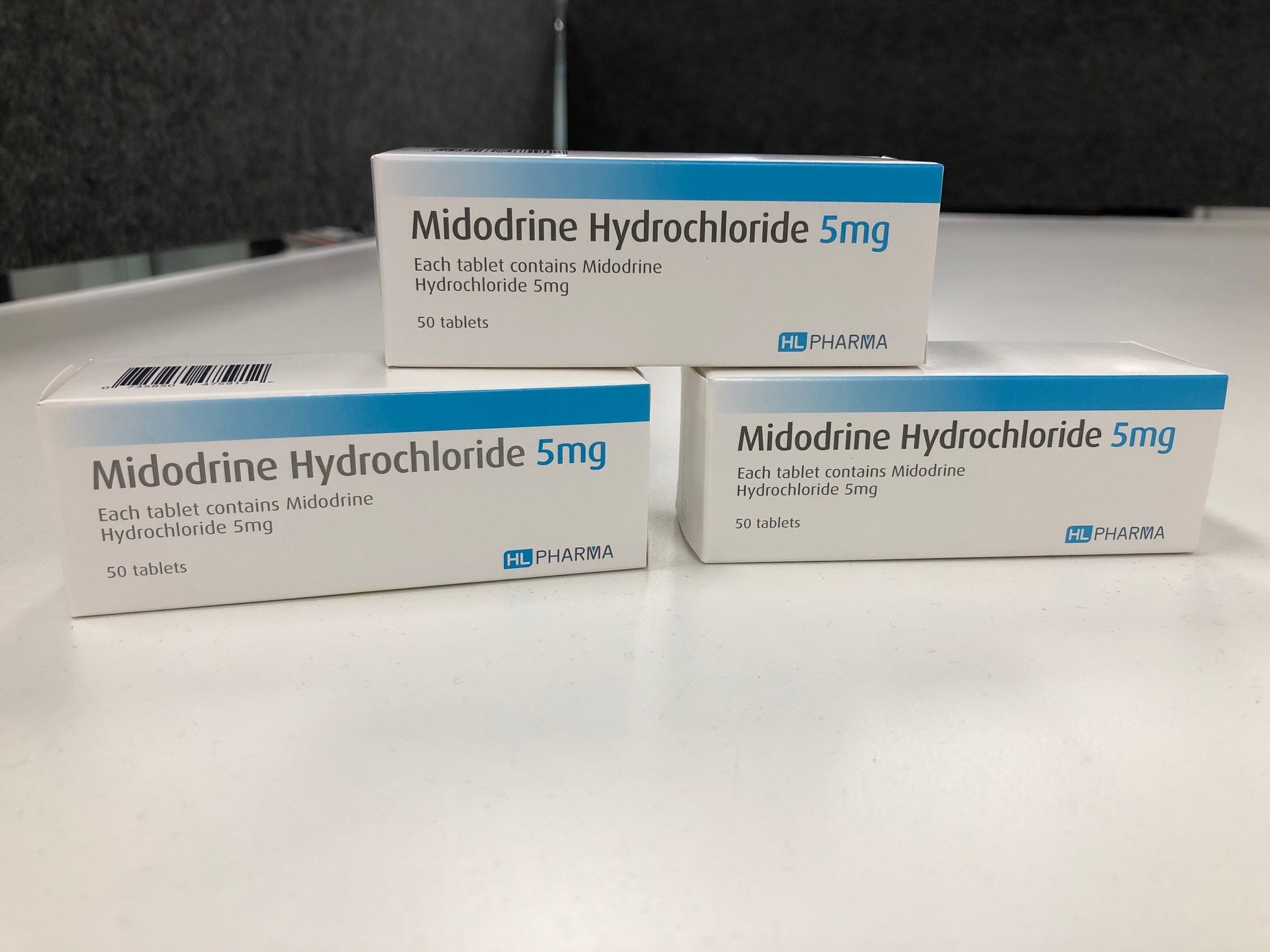Midodrine (ProAmantine) is an oral and intravenous prodrug. Its active metabolite, desglymidodrine, activates α-1 receptors to produce vaso and venoconstriction with resulting increase in blood pressure (BP). This medication has excellent oral bioavailability and is FDA approved for the treatment of symptomatic orthostatic hypotension. Since midodrine increases BP, it makes sense to avoid it in patients with organic heart disease, thyrotoxicosis, and pheochromocytoma.

There’s not really any wonderful literature on midodrine, and its clinical benefit is typically given by an increase in 1 minute standing systolic pressure. Typically, this is when orthostatic hypotension is at its worst. As an intensivist, I most often write for midodrine (10 mg PO TID) to bridge patients off of low-dose vasopressors and in certain patients a few hours before they receive intermittent hemodialysis (remember that the medication is removed by HD). I’ve also seen it used for hypotension related to hepatorenal syndrome and ascites.
Drop me a comment below with questions!





